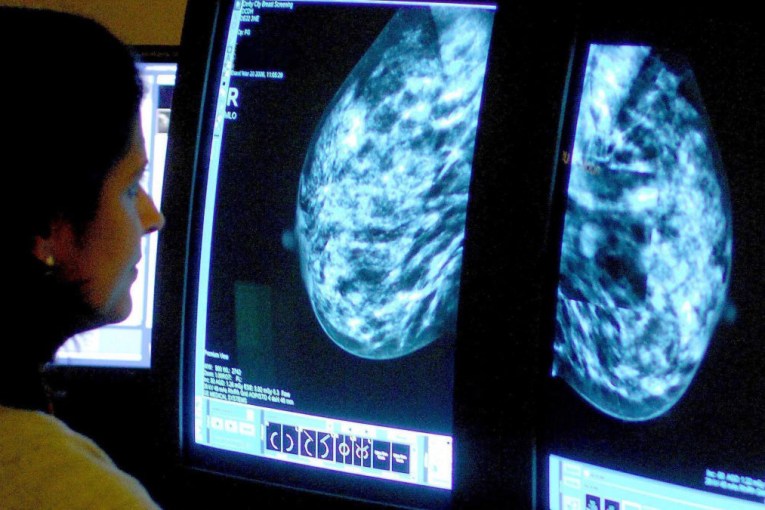Plan to cap energy prices wins enough backing to become law

Plans to cap the price of gas and coal to bring down energy prices will pass parliament, after the Greens revealed they will support the bill.
Greens leader Adam Bandt said on Wednesday the party would back plans for gas to be capped at $12 a gigajoule and coal at $125 a tonne.
The proposed laws will also set up mandatory “gas market codes” to regulate the supply and purchase of gas.
Parliament will be recalled on Thursday to pass the laws.
Energy Minister Chris Bowen thanked the Greens and crossbench MPs who have agreed to back the legislation.
“This is the government of Australia acting in the national interest, working as a good government does, across the aisle, with people of good faith and goodwill, for a good outcome,” he said.
“That is what this government sets out to do and it’s what we believe in.”
Mr Bandt said the Greens would continue to oppose compensation for coal and gas companies for the price caps.
“Energy corporations for too long have been punishing people in this country and power bills are going through the roof,” he said in Melbourne.
Under a deal negotiated with the Greens, the federal government will develop measures for its upcoming budget to help households and businesses switch from gas to electricity. Mr Bowen promised a “substantial package” as part of the May budget.
The plan will be developed as part of the National Energy Performance Strategy, with advice also taken from organisations such as the CSIRO.
Low-income households, renters, as well as public housing residents are expected to be the focus of the electrification plans.
Mr Bandt said the measures would help people to save money from rising energy costs.
“The Greens have secured a significant package that will help meet the costs households and businesses to switch over from dirty and expensive gas to cleaner and cheaper appliances and that could save households hundreds of not thousands of dollars,” he said.
“These will be savings that last for a lifetime.”
Treasury modelling suggests the caps will knock an average of $230 off household energy bills. However, they are still expected to increase by hundreds of dollars in the next year.
Earlier on Wednesday, ACT independent senator David Pocock said he would support the government’s legislation in the upper house, but the measures needed to go further.
“I have made it clear to the government that this bill while, importantly, will provide some relief to households and small businesses, doesn’t go far enough,” he said in Canberra.
“While I will be supporting this package, I want to see a lot more in the way of electrification.”
Fellow crossbencher Jacqui Lambie has also signalled her likely support for the energy bill legislation. With the Greens’ support, that gives the government the numbers for it to pass the upper house.
However, Opposition Leader Peter Dutton has labelled Thursday’s special sitting of parliament to debate energy relief measures as just a stunt.
Mr Dutton said the Coalition would support financial relief measures for energy bills but indicated efforts by the government to legislate the price caps were designed to cause political division.
“The Prime Minister is looking for a political wedge because we’ve been clear about our support of the money going to families who are suffering under this government with increased energy costs, particularly electricity and gas,” he said in Brisbane on Wednesday.
“Australians are not stupid. They see through these stunts. We want to see support for families and reduction in energy prices.”
Mr Bandt wants the government to impose a two-year freeze on power bills.
While parliament is looking at short-term solutions to the energy crisis, Resources Minister Madeleine King said a national gas reserve could also be considered as a longer-term option.
“Given the extraordinary state of the market at the moment, we have to look at all options,” she told ABC Radio on Wednesday.
“It’s certainly something we can look into. It is complicated to retrofit a reservation policy after we’ve had an LNG export industry in place for a number of years but that doesn’t mean it’s impossible.”
-with AAP








